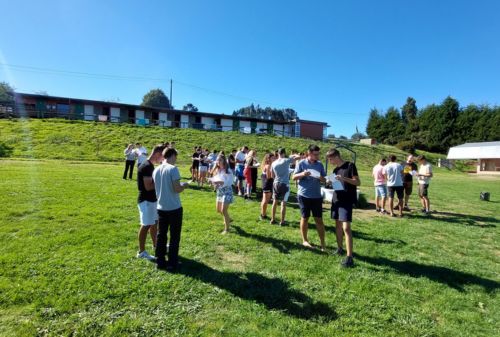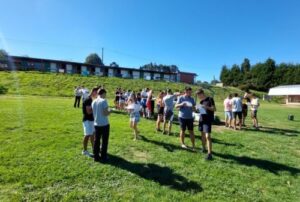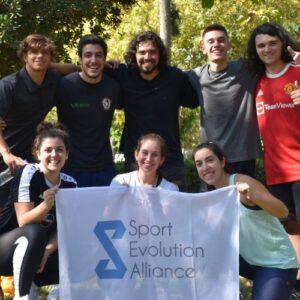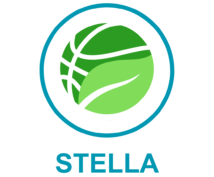
Green League is a project that aims to strengthen the connection between sports, sustainability, and the environment through experiential learning methods. The project encourages using our activity as a platform to create environmental awareness and incorporate sustainability practices into sports. Between July 2023 and January 2024, the project hosted workshops and events in Italy, Greece, Cyprus, Iceland, and Slovenia.
Objectives:
- Promote sustainability to a variety of stakeholders within sports stakeholders
- Internal (within organisations and sports clubs)
- External (sports fans, athletes, and broader community)
- Contribute to a sustainable future by incorporating sustainability into sports practices
- Reduce environmental impacts of sports
Description of the practice:
Green League encourages various types of practices, projects and ideas that can be incorporated into several different organisations and sports clubs. Larger scale practices inclusive sports facilities utilising renewable energy sources like solar or wind and even implementing energy efficient lighting systems. However, the project also encourages other practices which are more applicable to smaller-scale operations and organisations. This includes promoting sustainable commuting to sports events through workshops, such as public transport, carpooling or even using a bicycle to events. Finally, some practices also include workshops on reducing waste, recycling materials and composting.
Outcomes & Results
The Green League project implemented projects in five European Countries, Italy, Greece, Cyprus, Iceland, and Slovenia where a total of 600 participants were involved. The project has also created many sets of deliverables, including a training package on promoting environmental awareness and eco-friendly practices for sports professionals. Furthermore, the project created a Sport and Environment Local Championship Implementation Guide, which provides information on organising sports events where environmental practices are incorporated with scoring systems. Finally, as a part of a project, several additional training materials were created that cover:
- Ecosystem Characteristics
- Threats to Ecosystems from Sports
- EU Legislation on Ecosystems
- Environmental Impact of Sports: Good & Bad
- Planning Eco-Friendly Sports Events
- Raising Awareness for Green Sports Practices
Conclusion & suggestion for youth workers
A key takeaway from this best practice is how it can be applied to multiple scales depending on the size of your organisation. Whilst the red thread is incorporating learning on environmental sustainability through sports, the key points of your activities and workshops are easy to tailor to your audience. So first and foremost, tailor the topics of the workshop to your audience, if you are hosting programs for sports organisations, green infrastructure like energy and lighting systems is appropriate. If you are hosting smaller sports clubs, topics like waste management, carpooling, and plastic-free equipment are likely to be more relevant and useful.

 .
.
